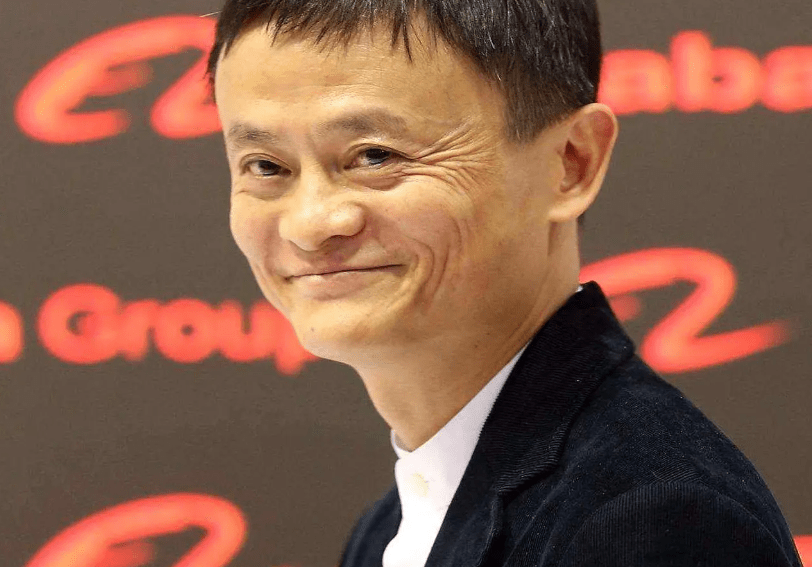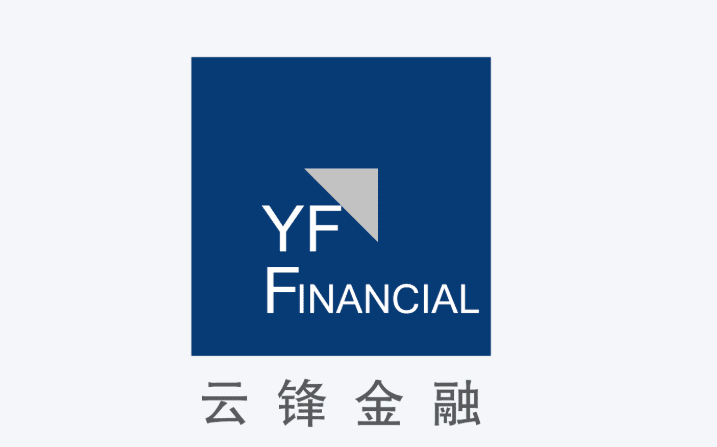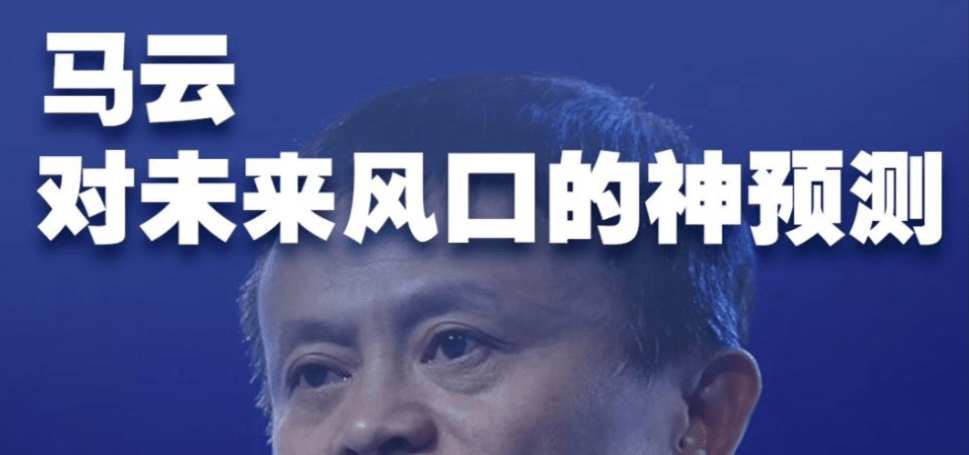Jack Ma, the Chinese internet mogul, suddenly made a splash in the crypto world with a $44 million operation through Yunfeng Financial, after years of stepping back from the public eye, diving into Ethereum. This move not only exposes the strategic ambitions of top capital towards crypto assets but also reveals a disruptive signal: when traditional giants start to 'vote' with real money, the 'value reconstruction' of crypto assets has shifted from speculative frenzy to deep institutional-led transformation.

Shengshou believes that Jack Ma's layout for Ethereum is Yunfeng Financial's 'overt strategy'. Yunfeng Financial's announcement shows that its board has approved the purchase of 10,000 ETH on the open market, with a total investment cost of $44 million, funded from internal cash reserves, and the purchased ETH is classified as 'investment assets'.
This operation may seem ordinary, but it actually hides a secret. Jade Passion Ltd, controlled by Yunfeng Fund, holds 47.25% of Yunfeng Financial's shares, making it the largest shareholder; while Shanghai Yunfeng Investment Management Co., Ltd., in which Jack Ma holds a 40% stake, is the executing entity of the first phase of the Yunfeng Fund's RMB fund. Although Jack Ma does not directly hold shares in Yunfeng Financial, he is deeply involved in its decision-making through the equity structure.
It's no longer a novelty for traditional financial institutions to allocate crypto assets, but the entry of Jack Ma's group is symbolic. As one of China's most influential entrepreneurs, his movements often signify turning points in industry trends.
Why Ethereum and not Bitcoin? Shengshou believes Yunfeng Financial's choice of ETH over BTC is fundamentally due to the 'productive asset' nature of Ethereum being redefined by institutions. Previously, Bitcoin was propelled by the 'digital gold' narrative during the first wave of institutional interest, but the value logic of ETH is entirely different. Ethereum has completed an energy efficiency revolution through 'The Merge', and subsequent upgrades will solve throughput bottlenecks, providing underlying support for large-scale applications.
Another important reason is the ecological explosion. A complete ecosystem has formed in the tracks of DeFi, NFTs, L2, etc. Ethereum has long maintained over 60% of the total locked value in the industry, becoming the most active blockchain network globally. Additionally, the U.S. SEC's classification of Ethereum as a 'utility token' is becoming clearer, and regulatory sandboxes in Hong Kong, Singapore, and other places are actively piloting to eliminate policy barriers for institutional entry.

Yunfeng Financial's ETH allocation is essentially a bet on the $16 trillion market for 'real-world asset tokenization'.
RWA achieves 'fractional ownership' and 24-hour trading of traditional assets like real estate, bonds, and commodities through tokenization, which will completely reconstruct the financial system. Ethereum's role in this trading process is irreplaceable, as the issuance, trading, and clearing of RWA tokens rely on a secure and decentralized underlying public chain. Ethereum's smart contract functionality can automatically enforce asset rules, reducing trust costs.
The AI agent economy requires Ethereum as the underlying protocol of the 'value internet' to achieve automatic settlement between machines. Ethereum has formed a complete DeFi toolchain, such as Aave and MakerDAO, which can seamlessly connect with RWA tokens and provide liquidity support.
Every ETH from Yunfeng Financial essentially votes for the 'next generation financial system'. When traditional financial institutions start to include ETH in their balance sheets, it indicates that crypto assets have upgraded from 'marginal assets' to 'strategic assets'. This trend will drive more institutions to follow suit, forming a 'Matthew Effect'—Ethereum's ecological advantages, technological barriers, and regulatory processes will further attract capital inflows, consolidating its core position.
Moreover, the entry of Jack Ma's group will accelerate the integration of traditional finance with the crypto world. As RWA (Real World Assets) tokenization breaks through the $16 trillion scale, the value of Ethereum as the underlying platform will grow exponentially, far exceeding the narrative of 'digital gold'.
Shengshou believes that Jack Ma's move has a very important impact on the subsequent value and trend of Ethereum ETC, so the related news and movements are worth continuous tracking, and may become essential news for ETH in the future.
Although Yunfeng Financial's $44 million appears to be an ordinary asset allocation, it is actually a landmark event in financial history. When the trillion-dollar market of RWA is activated by traditional investment finance, the 'productive asset' nature of Ethereum will be fully unleashed, and those institutions that voted for this value reconstruction early may reap the dividends of the next era. Jack Ma, an entrepreneur who once changed the landscape of the Chinese internet, is quietly laying the groundwork for the next financial revolution that will change the world through Ethereum.
Leave a message, like it, get the latest and best market news every day, so you won't get lost on the road to making money! Follow Shengshou to get firsthand insights and news!!!


